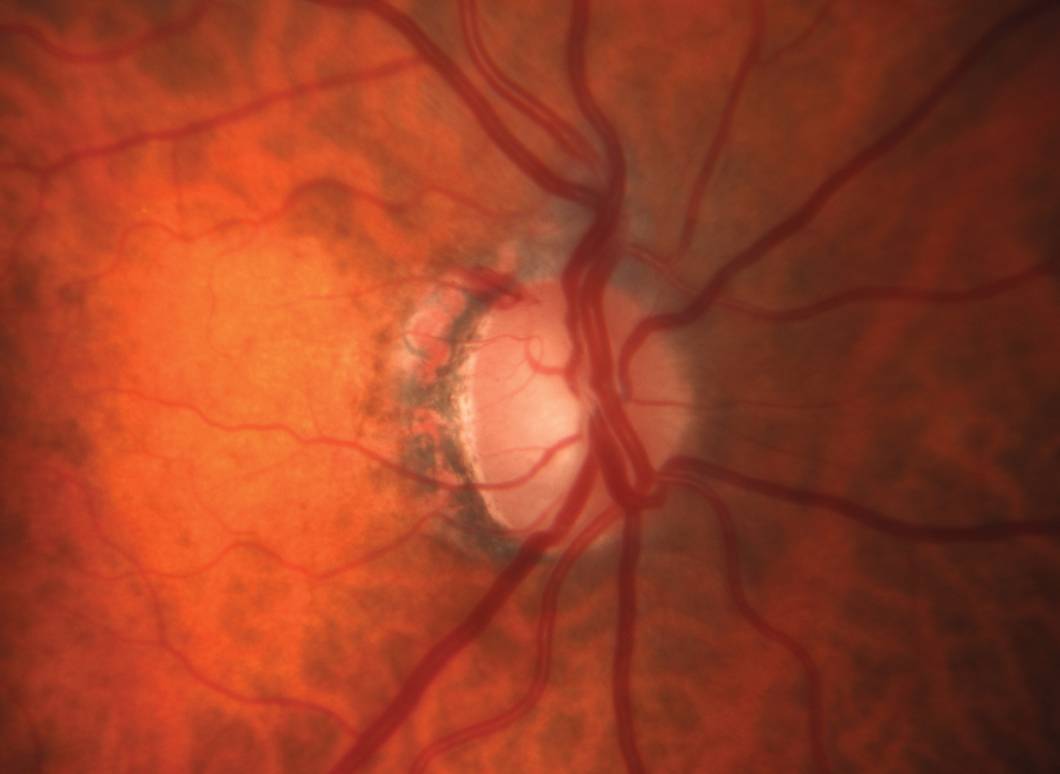 |
|
Antihypertensive drugs may have a limited effect on glaucoma, neither contributing to treatment nor harming the patient's health. Click image to enlarge. |
Several meds to manage high blood pressure (BP), such as beta-blockers, angiotensin-converting enzyme inhibitors and calcium channel blockers, have been used to treat glaucoma. Some who manage the disease believe that high BP impairs the blood supply to the optic nerve, altering the capillary pressure of the ciliary body and increasing intraocular pressure (IOP). A recent study investigated the genetic correlation and causal association of IOP, systolic BP, diastolic BP and 12 antihypertensive drug classes with glaucoma. It found that controlling BP may not help prevent and treat glaucoma, and antihypertensive drugs may not improve or worsen glaucoma.
The study, published in Translational Vision Science and Technology, included data from the United Kingdom Biobank for glaucoma (patients: 4,737, controls: 458,196) and BP (n=422,771) and 12 European ancestry cohorts from the International Glaucoma Genetic Consortium for IOP (n=31,269).
Linkage disequilibrium score results showed a suggestive association of glaucoma with systemic BP (Rg=0.12) and diastolic BP (Rg=0.17). Univariate mendelian randomization did not indicate that genetically elevated BP in participants leads to an increased glaucoma risk (systemic BP odds ratio [OR]: 1.05, diastolic BP OR: 1.07). Univariate mendelian randomization was replicated in a multivariable setting as well (systemic BP OR: 0.95, diastolic BP OR: 1.13). Furthermore, the researchers found insufficient evidence to suggest that antihypertensive drugs were associated with glaucoma.
Because the therapeutic target genes of antihypertensive drugs were selected as instrumental variables to calculate the contribution of antihypertensive drugs to the treatment of glaucoma, the researchers found it was difficult to take into account information about when and how long the antihypertensive drugs were taken and when the glaucoma was diagnosed. Assessing the role of BP on glaucoma from the genetic perspective may explain only part of the association. Nevertheless, the team concluded that their data “provides valuable public health and clinical advice that the use of BP-lowering and antihypertensive drugs as interventions in patients with glaucoma remains open to question.”
Liu J, Li S, Hu Y, Qiu S. Repurposing antihypertensive drugs for the prevention of glaucoma: a mendelian randomization study. Transl Vis Sci Technol. 2022;11(10):32. |


